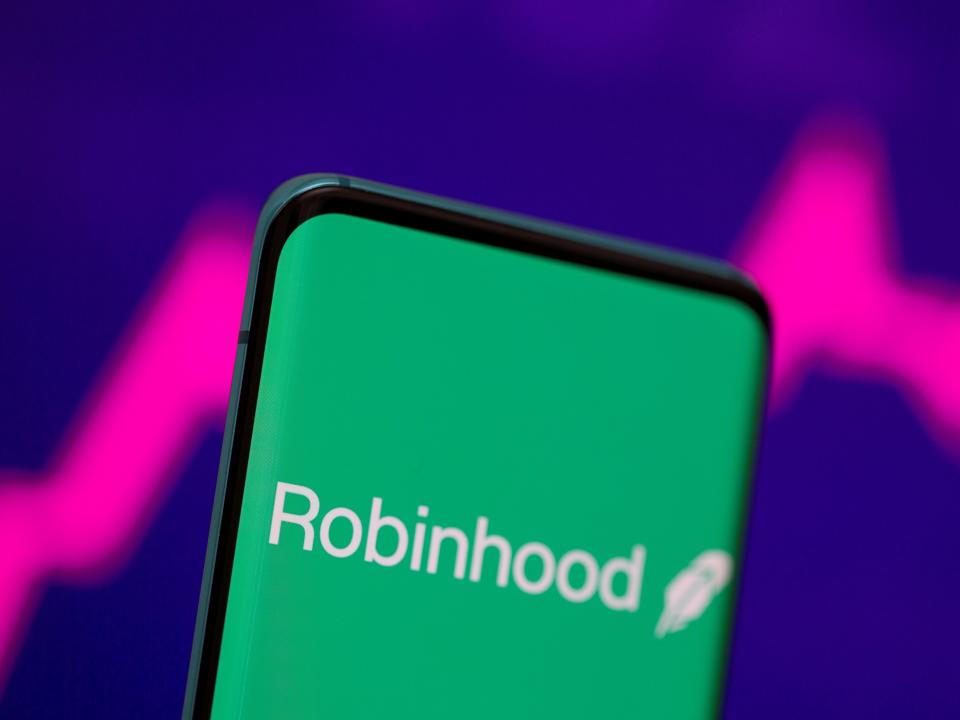Robinhood promises to fix 'the issues' that outraged customers when it restricted trading in meme stocks

Robinhood CEO Vlad Tenev acknowledged the company angered many customers after it blocked them from trading GameStop and other red-hot stocks.
On Saturday, Tenev promised to learn from past mistakes and "ensure they never happen again."
Saturday's roadshow event comes just days ahead of the commission-free trading app's hotly anticipated IPO.
Robinhood knows it angered many retail investors earlier this year when the trading app halted buying of GameStop, AMC, and other meme stocks amid an epic rally - and the company has pledged to earn back the trust of frustrated customers.
In a roadshow event Saturday ahead of its planned initial public offering, Robinhood cofounder and CEO Vlad Tenev said the company is "focusing on is making sure we fix the issues that led to customers being upset."
The app's growth has been "amazing," he said, but "it has led to some real challenges."
"We're committed to learn from these experiences and help ensure they never happen again," he said.
Robinhood drew customers' ire when it halted the buying of GameStop and other meme stocks during a Reddit-fueled frenzy in January, only allowing users to sell. Outraged traders flooded the app with one-star reviews on Google, lowering its user rating. Many said they would stop using the app in protest, and Redditors on the investing thread Wall Street Bets called for legal action.
Despite the blowback and ensuing regulatory scrutiny, Robinhood, which was launched in 2013 with the mission to "democratize finance for all," saw a huge jump in new users in the first quarter, according to its S-1 filing. Monthly active users jumped by 6 million in the first three months of 2021 to 17.7 million from 11.7 million at the end of December, an increase of 51%.
The company on Saturday also outlined its plans to continue to grow revenue if US regulators ban payment for order flow, at the heart of its business model. Payment for order flow, or PFOF, is the practice of a brokerage receiving payment from a market maker to send customers' shares to it. PFOF has drawn criticism from investor advocates who say it encourages brokerages to maximize their revenue at the expense of customers.
The company's chief financial officer, Jason Warnick, defended PFOF as "a better deal for our customers versus the old commission structure."
"That said, as we continue to add products and features to our platform we anticipate we will expand the sources of revenues we generate for the company," he added.
Robinhood said it plans to expand its securities lending business, invest more into Robinhood Gold, its subscription service, and expand internationally. It also said it's all-in on crypto.
Robinhood's IPO, planned for Thursday, is among the most highly anticipated of the year. The company will be offering a third of its shares directly to customers through its app, a far greater amount than is usually offered to individual investors during most IPOs. Its livestreamed roadshow was also unique -- open to retail investors in what is an event usually reserved for institutional investors.
The Menlo Park, California-based firm in its regulatory filing said it is aiming to raise as much as $2.3 billion in its IPO. It is offering 55 million shares priced at $38-$42, putting its market valuation at $35 billion at the top range.
Read the original article on Business Insider

